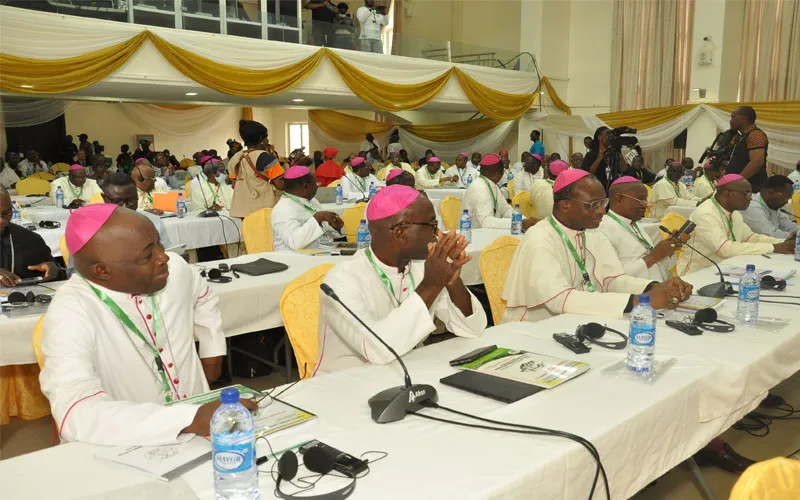 Credit: CSN
Credit: CSN
“Fraternity and social friendship are the ways to build a better, more just and peaceful world, with the contribution of all people in the human family,” the Nigerian Catholic Church leader said, and added, “The family is very important in addressing the problems facing the world, human beings, irrespective of color, creed, race or gender. We must see ourselves as a family.”
“Members of a family may differ on many issues but they remain united by the family bond, which firmly binds them together. In a family disputes and differences are often resolved through dialogue,” the 70-year-old Nigerian Archbishop-elect said.
Taking Fratelli Tutti as a roadmap for building human fraternity and sustainable peace in our fractured Sub-region, he said that “there is need for social dialogue, cross cultural dialogue, inter-religious dialogue, peace-building, forgiveness and reconciliation.”
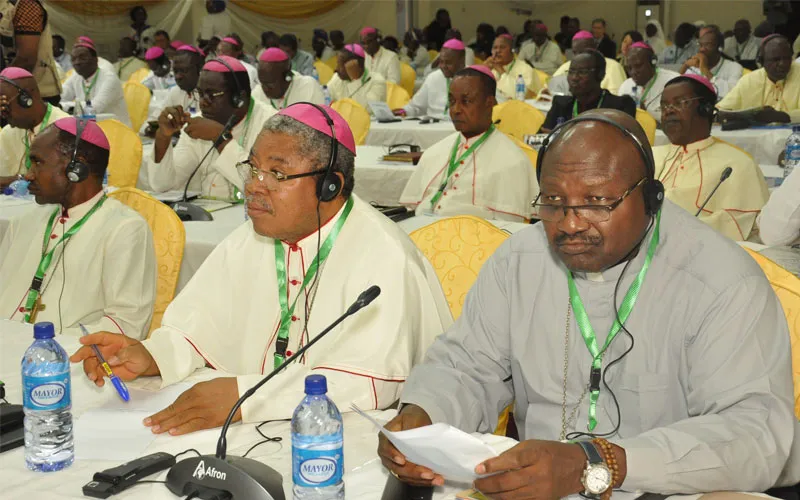 Credit: CSN
Credit: CSN
(Story continues below)
“To achieve the enduring and sustainable peace envisaged by Fratelli Tutti, there is also a need for a re-orientation in our attitudes, where we must place the individual person, with his dignity and rights, over and above other considerations,” Archbishop-elect Ugorji said.
He added that the “adoption of such a revolution of values will help to curb our greed and selfishness, and push for a more altruistic approach in governance. Before any other thing, the other person's wellbeing comes first.”
“This is another way of saying that each one of us must see the other as either brother or sister. This idea of universal brotherhood, based on our common humanity, is a point Fratelli Tutti never ceases to emphasize,” Archbishop-elect Ugorji told delegates of the fourth RECOWA Plenary Assembly that is taking place at the Catholic Secretariat of Nigeria, Durumi in Abuja.
He continued, “We are optimistic that at the end of this assembly the Church in our West African Sub-region will emerge with renewed vigor, clear vision and more commitment in promoting fraternity and sustainable peace in our communities as well as serving the society as a leaven and an instrument of positive change.”
On his part, the Prefect of the Congregation for the Evangelization of Peoples said the theme of the fourth RECOWA Plenary Assembly is “is timely, even urgent, as events in many parts of the world and in West Africa attest to.”
“There are constant threats to fraternity or universal friendship, even within the Church. The continuing neglect of the poor threatens universal friendship,” Luis Antonio Gokim Cardinal Tagle told delegates participating in the Plenary Assembly of RECOWA on May 3.
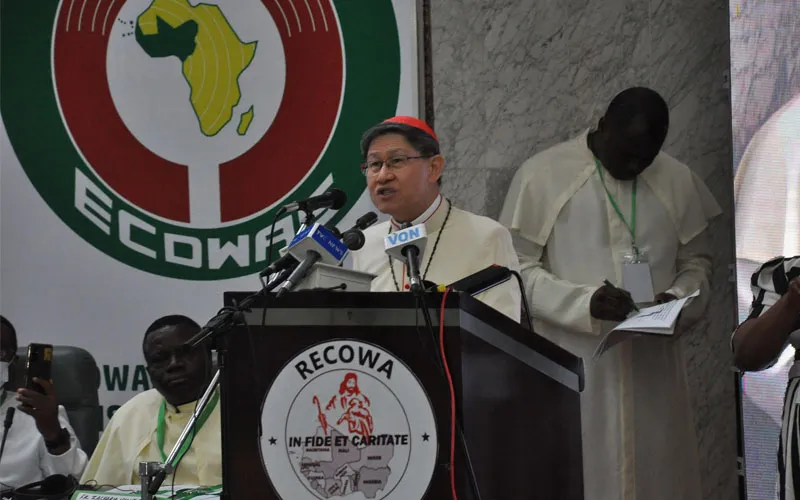 Credit: CSN
Credit: CSN
Cardinal Tagle added, “The neglect of justice through worship of idols or false gods threatens universal friendship. The approach of populist leaders and regimes that manipulate the poor and suffering people to join their battle threatens universal friendship.”
He further said, “Suspicion and fear of the other, of migrants and refugees, and of those who belong to other ethnic groups threatens universal friendship.”
“The Church must examine its conscience whether and how it participates in the spread of these threats to universal friendship,” the 64-year-old Filipino Cardinal said.
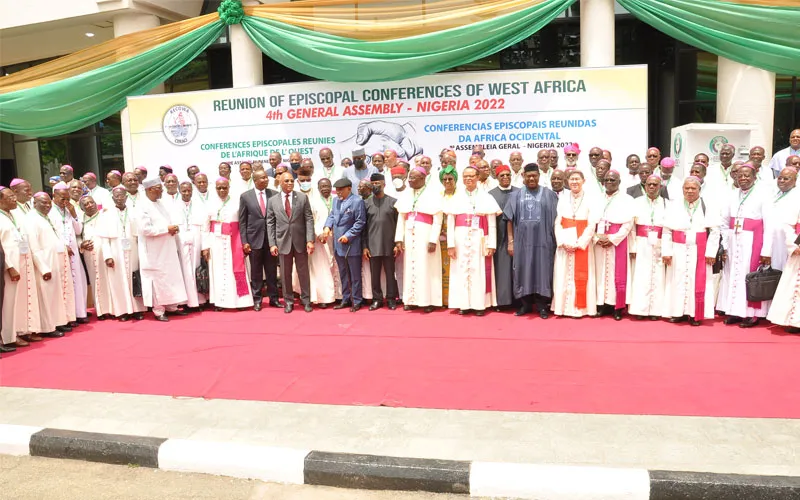 Credit: CSN
Credit: CSN
He continued, “Pope Francis proposes building peace through a penitential memory in Fratelli tutti 226. He appeals to an end to vengeance. Vengeance begets violence and passes on destructive prejudices and a polluted earth to future generations.”
“A wounded memory should not become an agent of further violence. Only through a penitential memory based on truth, justice, and forgiveness will we rebuild our human family and will care for the earth, remembering our common pains as a source of patience, understanding and hope on the path of peace,” Cardinal Tagle said May 3, the first day of the fourth RECOWA Plenary Assembly.
Jude Atemanke is a Cameroonian journalist with a passion for Catholic Church communication. He holds a Bachelor’s Degree in Journalism and Mass Communication from the University of Buea in Cameroon. Currently, Jude serves as a journalist for ACI Africa.
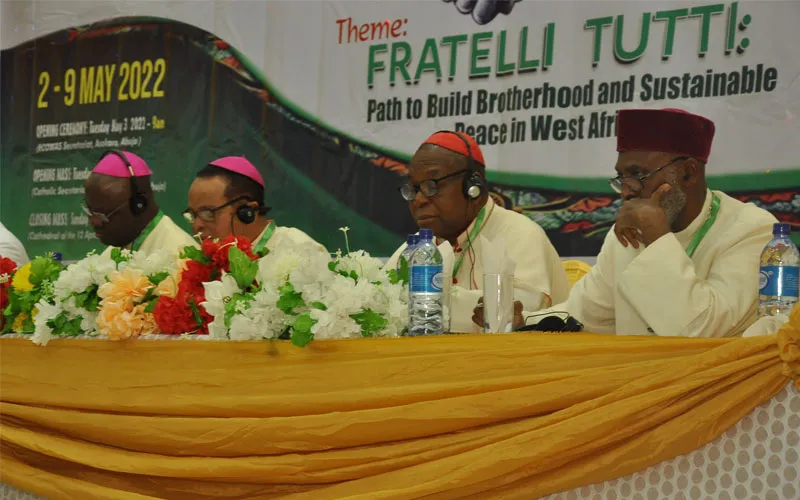 Credit: CSN
Credit: CSN


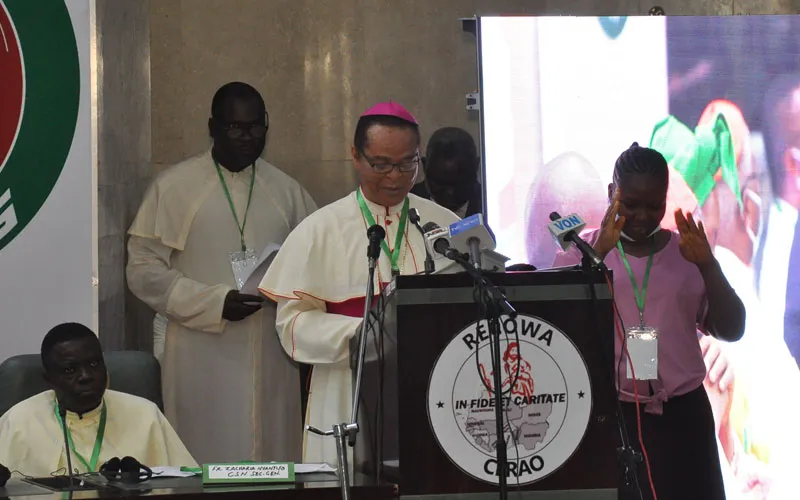
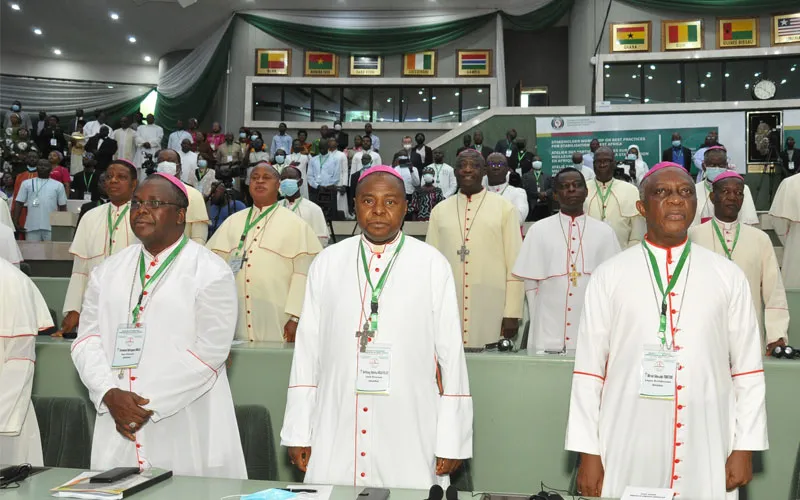 Credit: CSN
Credit: CSN
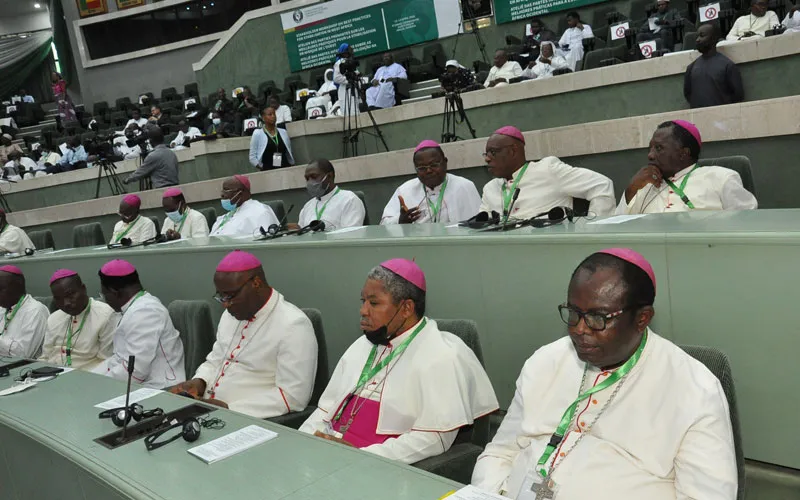 Credit: CSN
Credit: CSN Credit: CSN
Credit: CSN Credit: CSN
Credit: CSN Credit: CSN
Credit: CSN Credit: CSN
Credit: CSN


